
The phase 2 trial will assess Hansa’s imlifidase as a pretreatment for Genethon’s GNT-0003.

The phase 2 trial will assess Hansa’s imlifidase as a pretreatment for Genethon’s GNT-0003.
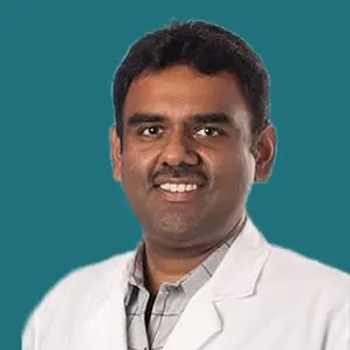
The company also announced updated efficacy data from the trial’s phase 1/2 portion.

Catch up on the latest news, breakthroughs, and announcements from biotechnology companies making advancements in cell and gene therapies.
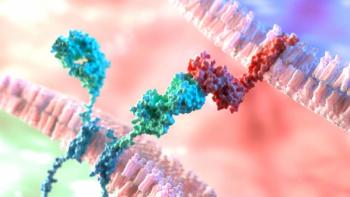
Clinical responses were reported in patients with lupus and myositis.
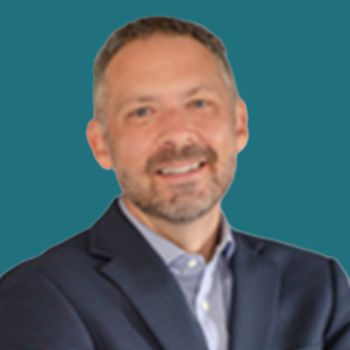
David Barrett, JD, the chief executive officer of ASGCT, discussed likely future trends extrapolated from the organization’s Q3 Landscape Report.

The patient’s dosing took place at the University of California, San Francisco, although the multicenter study is expected to eventually dose patients at other locations in the United States, United Kingdom, and Europe.

The FDA’s decision was based on data from 3 different sources.

David Barrett, JD, the chief executive officer of ASGCT, discussed the latest trends in the field of cell and gene therapy captured in the organization's quarterly Landscape Report.
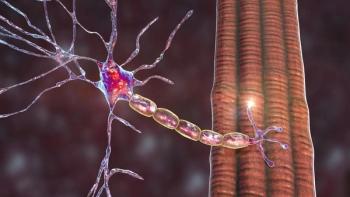
All 3 patients who received the high dose showed stabilization of motor function, as assessed by the 34-point North Star Ambulatory Assessment.
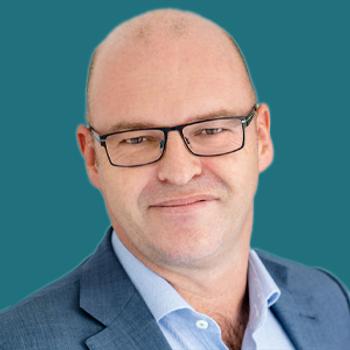
Georg Schett, MD, vice president research and chair of internal medicine at the University of Erlangen – Nuremberg, discussed findings from 2 early studies of CD19 CAR T-cell therapy.
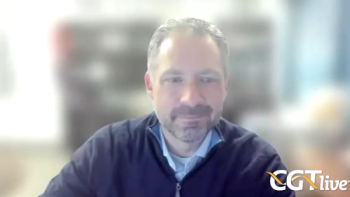
The chief executive officer of ASGCT discussed likely future trends extrapolated from the organization’s Q3 Landscape Report.
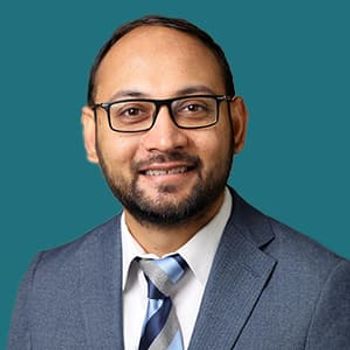
Bhagirathbhai R. Dholaria, MD, an associate professor of medicine in malignant hematology & stem cell transplantation at Vanderbilt University Medical Center, discussed interim data from the phase 1/1b clinical trial evaluating Poseida's CAR-T.

Catch up on the latest news, breakthroughs, and announcements from biotechnology companies making advancements in cell and gene therapies.
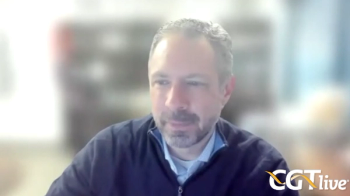
The chief executive officer of ASGCT discussed the latest trends in the field of cell and gene therapy.
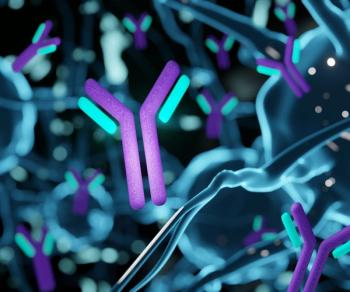
Adicet is also presenting biomarker data at ACR Convergance from a trial evaluating ADI-001 in B-cell malignancies that may indicate its potential to treat autoimmune diseases.
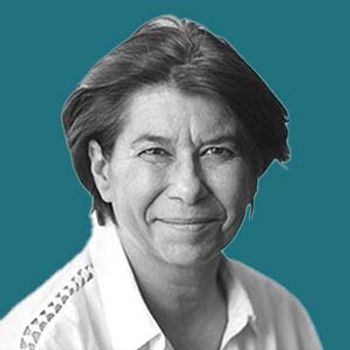
In addition to the IND clearance, the FDA also granted ATA-200 orphan drug designation.

The patient was treated in the trial’s high-dose cohort, which Neurogene will now discontinue in favor of the low-dose cohort.
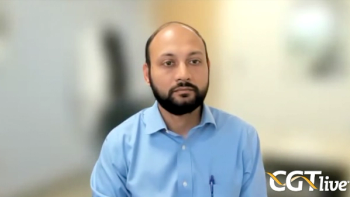
The associate professor of medicine in malignant hematology & stem cell transplantation at Vanderbilt University Medical Center discussed interim data from the phase 1/1b clinical trial evaluating Poseida's CAR-T.

The safety data set for the trial included 39 patients who were treated with ALLO-316.

The agency has set the PDUFA action date for the BLA for April 29, 2025.

The gene therapy has been approved in the UK and European Union since 2022 under the brand name Upstaza.

Catch up on the latest news, breakthroughs, and announcements from biotechnology companies making advancements in cell and gene therapies.

Neurogene pointed out that the SAE is consistent with the known risks of AAV vector-based gene therapy.
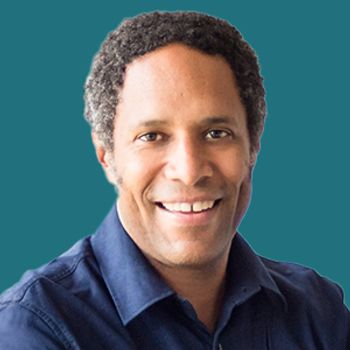
Chris Wright, MD, PhD, the chief medical officer and head of translational research at Ring Therapeutics, discussed research presented at ASGCT 2024.
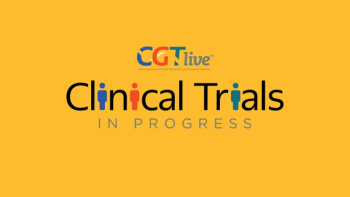
Following up on Liver Cancer Awareness Month, which is observed annually in October by the patient and clinician communities, CGTLive has decided to take a closer look at this ongoing study.
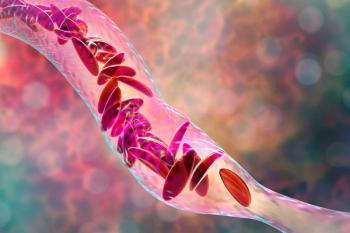
The patient died of respiratory failure 4 months after receiving BEAM-101.

The clinical holds on the 3 products were originally placed by the FDA in December 2023 based on findings from an inspection of CARsgen’s manufacturing facility.

Catch up on the latest news, breakthroughs, and announcements from biotechnology companies making advancements in cell and gene therapies.

According to HuidaGene, it is the first CRISPR/Cas13Y RNA-targeting therapy to receive clearance for a clinical trial from the FDA or any other regulatory agency.

R. Nolan Townsend, Sandi See Tai, MD, and Kim G. Johnson, MD, discussed Lexeo Therapeutics’ LX1001 gene therapy trial that demonstrated promising safety and biomarker effects in patients with early-stage Alzheimer disease.